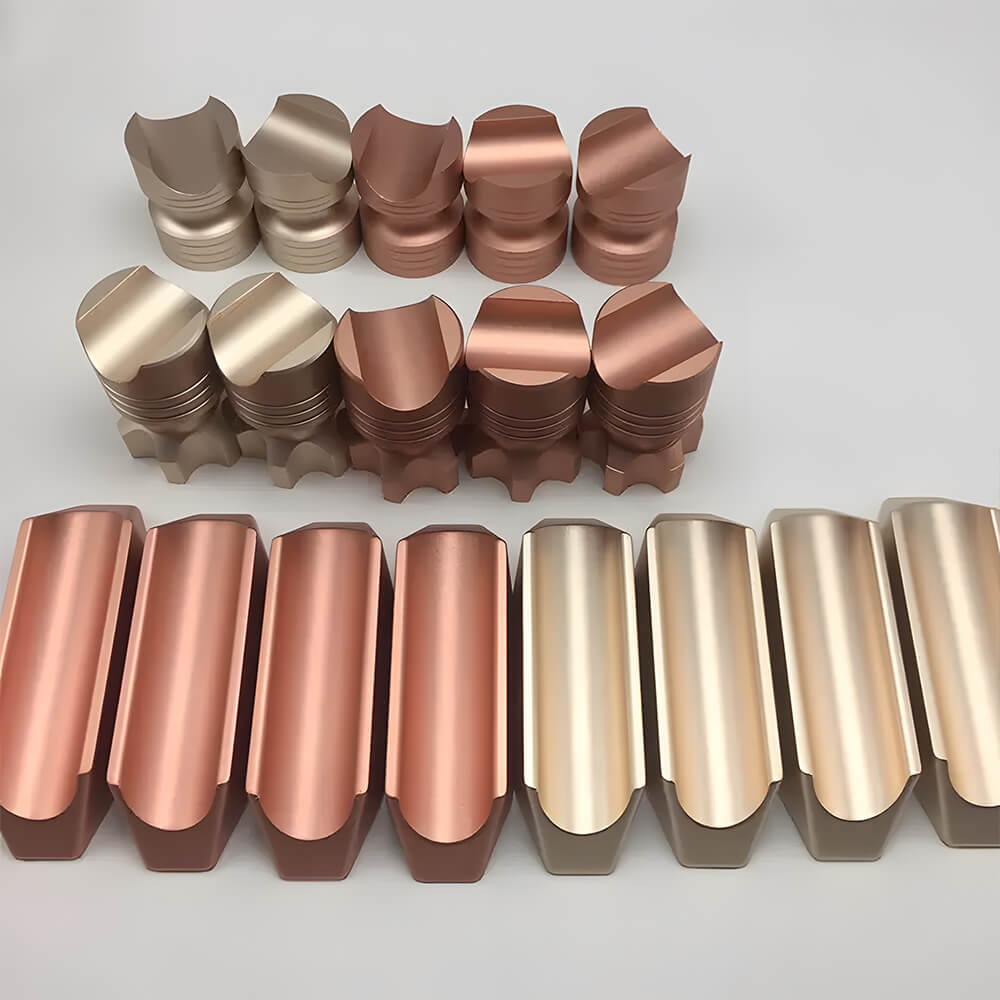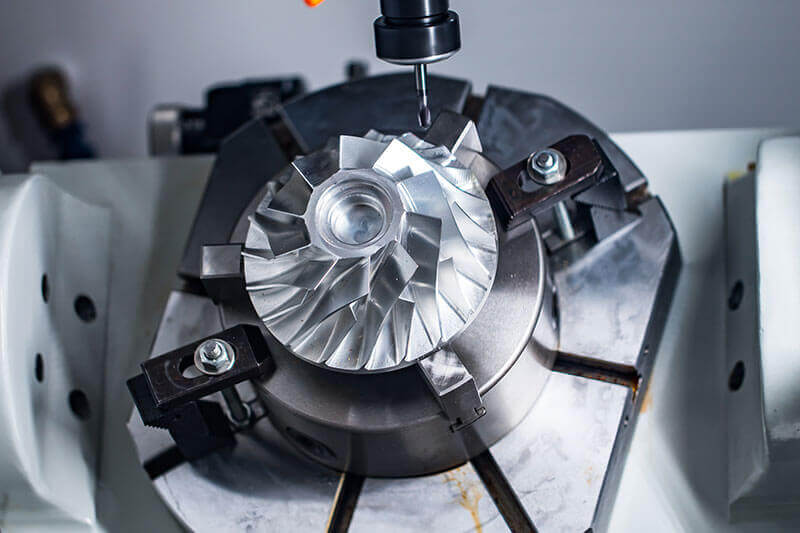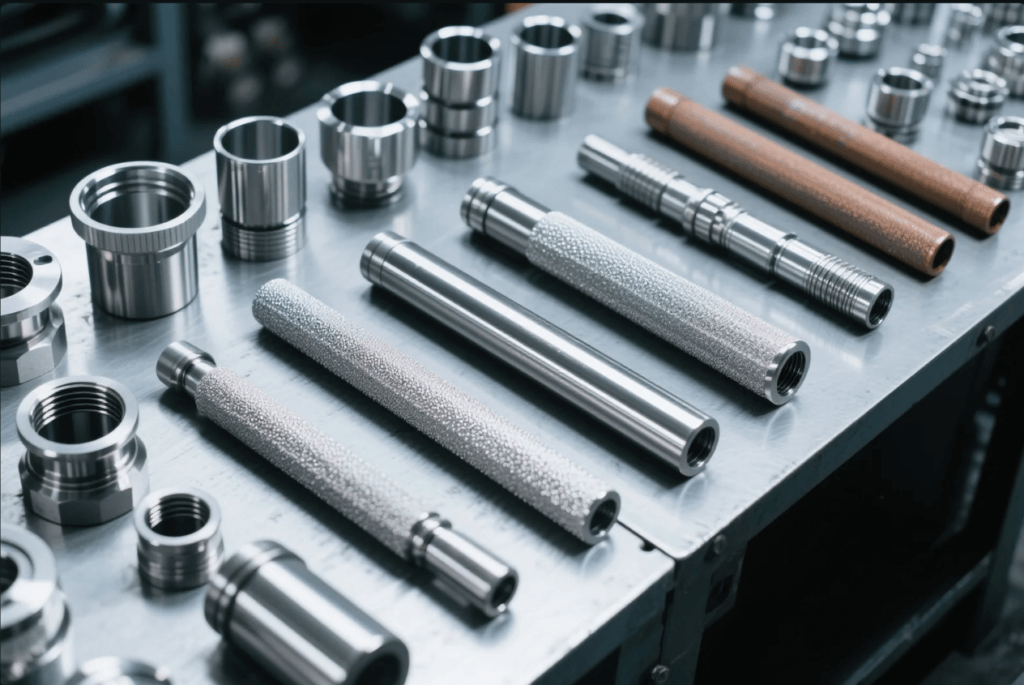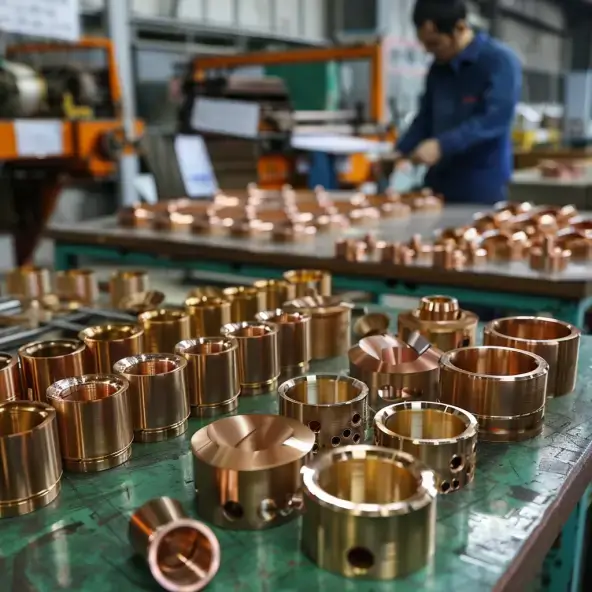Machining Materials: Different Types & Characteristics
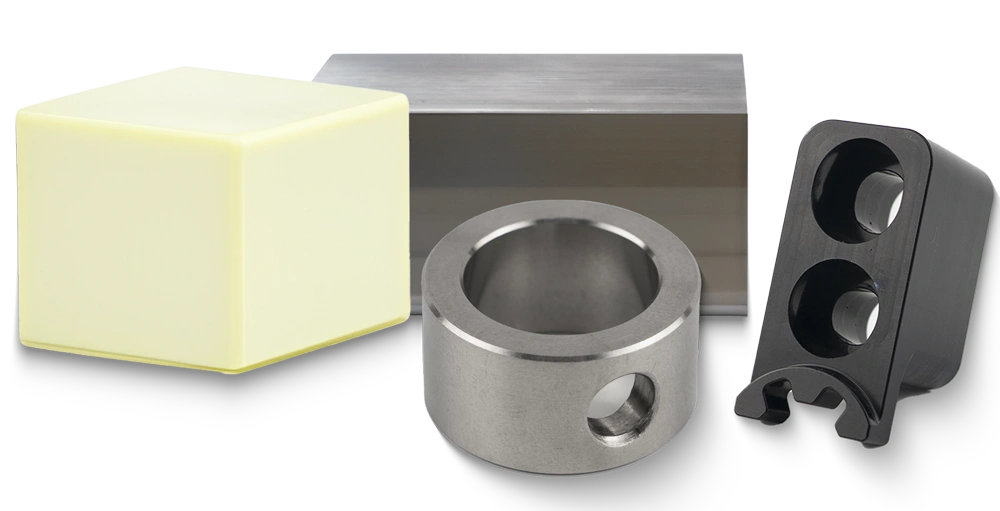
How to Choose the Right Material for Your CNC Project?
Selecting optimal machining materials requires careful consideration of multiple factors. First and foremost, engineers must evaluate mechanical requirements such as strength and durability. Additionally, environmental factors like corrosion resistance and temperature stability often dictate material choices. Beyond technical specifications, manufacturing considerations including machinability and cost-effectiveness play equally important roles in the decision-making process.
Top 5 Factors When Selecting Machining Materials
- Mechanical properties: Tensile strength, hardness, and fatigue resistance
- Environmental resistance: Corrosion, temperature, and chemical exposure
- Machinability: Tool life, surface finish, and production efficiency
- Cost considerations: Material price versus processing expenses
- Post-processing needs: Heat treatment, plating, or other finishes
Which Metal Materials Are Best for CNC Machining?
The following ten metal alloys represent the most commonly used and versatile materials in precision machining. Each offers unique advantages for specific applications while presenting different machining challenges.
1. Aluminum 6061-T6 – The Versatile Performer
As the most popular aluminum alloy for machining, 6061-T6 combines excellent machinability with good strength. Consequently, it’s widely used in aerospace components, automotive parts, and electronic enclosures. Furthermore, its natural corrosion resistance makes it suitable for marine applications without requiring additional treatments.
2. Stainless Steel 303 – The Free-Machining Option
Engineered specifically for machining applications, SS303 contains added sulfur for improved chip formation. However, this modification slightly reduces corrosion resistance compared to 304 stainless. Typical uses include:
- Fasteners and fittings
- Shafts and gears
- Food processing equipment
3. Carbon Steel 1018 – The Cost-Effective Choice
This mild steel offers excellent weldability and formability at low cost. Although relatively soft, it machines easily and takes finishes well. Common applications include:
- Structural components
- Pins and bushings
- Prototype parts
4. Brass C360 – The Machining Champion
With its unsurpassed machinability rating of 100%, leaded brass remains the gold standard for complex, precision turned parts. Moreover, its natural antimicrobial properties make it ideal for:
- Plumbing fixtures
- Musical instruments
- Decorative hardware
5. Titanium Grade 5 – The High-Performance Option
While challenging to machine, Ti-6Al-4V offers the best strength-to-weight ratio of any structural metal. Therefore, it’s indispensable for:
- Aerospace components
- Medical implants
- High-end automotive parts
6. Tool Steel D2 – The Wear-Resistant Solution
This air-hardening tool steel maintains excellent hardness (HRC 58-62) even at elevated temperatures. As a result, it’s primarily used for:
- Metal stamping dies
- Cutting tools
- Injection molds
7. Inconel 718 – The Extreme Environment Specialist
This nickel-based superalloy retains strength at temperatures up to 1300°F (704°C). Consequently, it’s essential for:
- Jet engine components
- Gas turbine parts
- Chemical processing equipment
8. Bronze C932 – The Bearing Material
Offering excellent wear resistance and lubricity, this bearing bronze is commonly specified for:
- Bushings and bearings
- Gear components
- Marine hardware
9. Magnesium AZ31B – The Lightweight Alternative
As the lightest structural metal, magnesium alloys are increasingly used where weight reduction is critical. However, special safety precautions are required during machining due to flammability risks.
10. Monel 400 – The Corrosion Resistant Alloy
This nickel-copper alloy offers exceptional resistance to seawater and acidic environments. Therefore, it’s widely used in:
- Marine engineering
- Chemical processing
- Oil and gas equipment
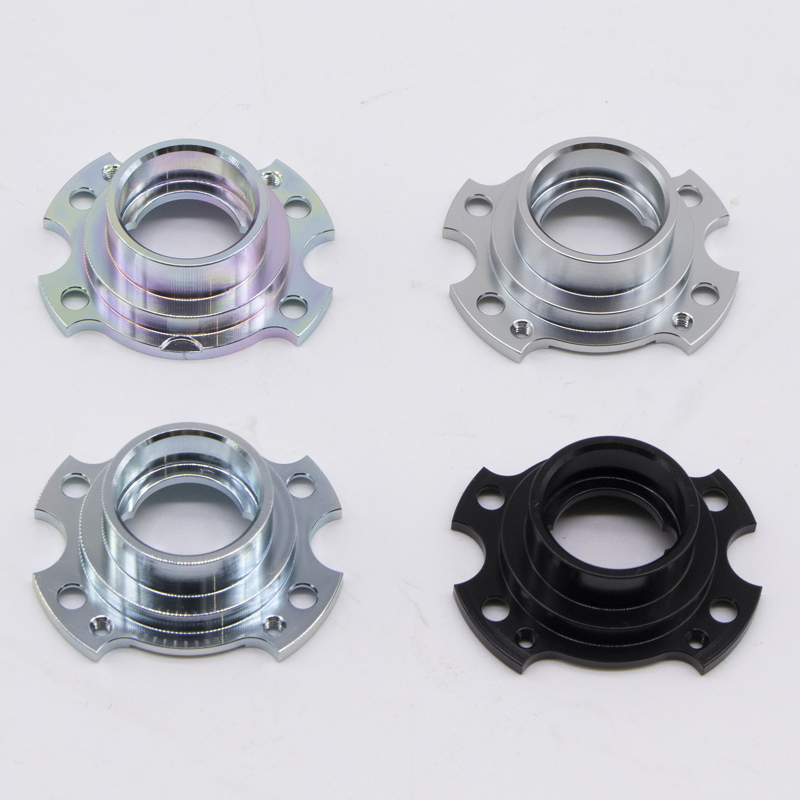
What Are the Best Materials for High Precision CNC Parts?
When dimensional accuracy and surface finish are paramount, certain materials outperform others. Aluminum 6061, for instance, consistently holds tight tolerances while offering good machinability. On the other hand, stainless steel 416 provides enhanced corrosion resistance with improved machining characteristics over standard 304. For the most demanding applications, beryllium copper delivers exceptional thermal conductivity combined with high strength.
How Does Material Choice Affect CNC Machining Costs?
Material selection significantly impacts total project expenses through multiple factors:
| Cost Factor | Low-Cost Example | High-Cost Example | Cost Difference |
|---|---|---|---|
| Raw Material Price | 1018 Steel ($0.80/lb) | Inconel 718 ($12.50/lb) | 15x |
| Machining Time | Brass C360 (100% rating) | Titanium Grade 5 (30% rating) | 3.3x longer |
| Tooling Expenses | Aluminum (standard carbide) | Hardened Steel (CBN inserts) | 5-8x more |
Conclusion: Mastering Material Selection for CNC Projects
Effective material selection requires balancing technical requirements with practical manufacturing considerations. By understanding the unique characteristics of each material family, engineers can optimize both performance and production efficiency. Furthermore, staying informed about emerging materials and processing technologies ensures continued competitiveness in precision manufacturing.
Key Recommendations for Material Selection
- Prioritize material properties based on functional requirements first
- Consider machining characteristics during the design phase to reduce costs
- Evaluate total project economics including processing and tooling expenses
- Consult with material suppliers and machinists for application-specific advice


